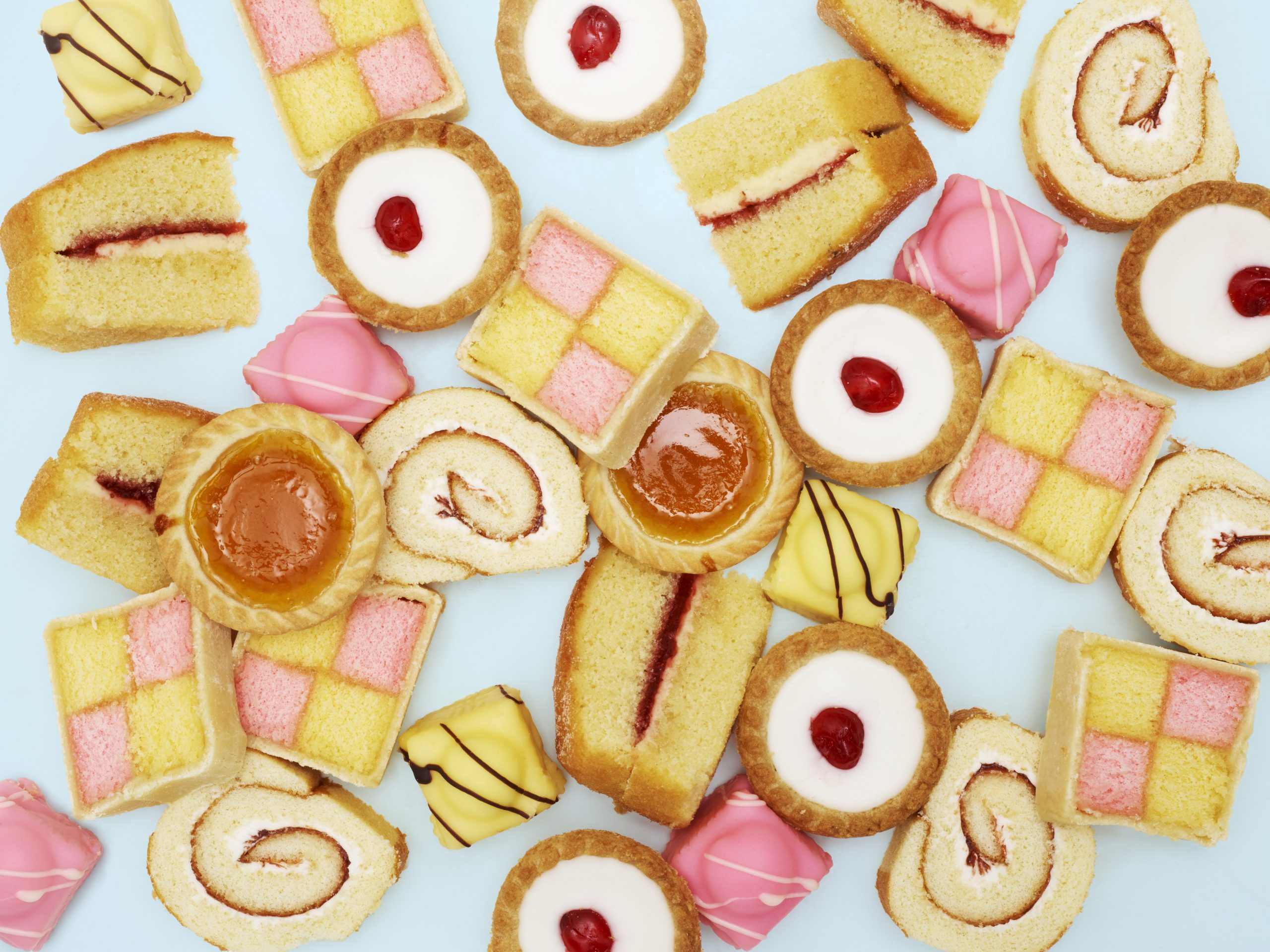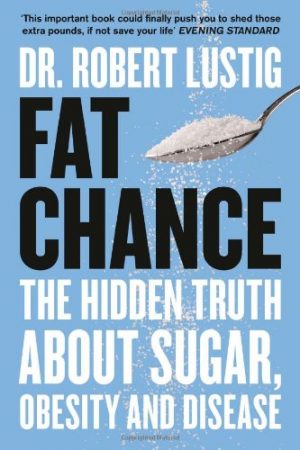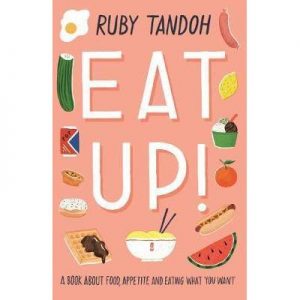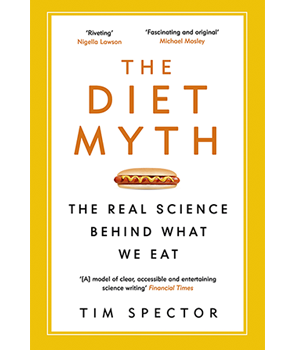Is a sugar-free diet necessary for a healthy lifestyle? Apparently not, according to this nutritionist
Sugar is often depicted as enemy No.1 when it comes to our health, but can it be enjoyed in moderation? Health and fitness expert Eleanor Heaton Armstrong debunks some common sugar myths...

Let’s get something straight. This is not an article demonising sugar. This article is not about telling you to embark on a sugar-free diet or that having a sweet tooth means you have no willpower and are more liable to gain weight.
The intention of this article is to educate you about your sugar-cravings to explain how you can include it in your diet without omitting it, and how having too much of it might affect your weight, well-being and glucose levels. Sugar is not the enemy, but our habits when it comes to eating it can be.
First off, lets clear up the calorie myth. When we consider omitting a certain food type in order to gain weight, we usually end up choosing whichever is highest in calories. It’s true that, to the body, a calorie is a calorie; it will treat a calorie from refined sugar equally to the way it treats a calorie from a more unprocessed sweet foodstuff.
However, when it comes to food, especially sugar in comparison to other energy sources, the quality of the food is much more important. So what is the recommended sugar intake? Public Health England recommends that sugar should not account for more than 5% of our daily calories, which is around 7 tsp cubes of sugar a day.
Simply put, if I eat a two finger KitKat containing 106 calories but my friend eats a homemade raw cacao brownie containing the same, who do you think will a) benefit more nutritionally and b) feel more sustained for longer?
The sugar rush
We can’t discuss sugar without discussing sustenance. Sugar is a simple carb, meaning it is quickly digested and absorbed into the bloodstream, causing blood sugar to spike – we often refer to this as a ‘sugar rush’ (or high glucose levels). Once you’ve ‘crashed’, the body will instantly crave more sugar, and the same vicious circle begins again.
Coupled with the fact that the taste of sugar and the aforementioned rush are both highly addictive, is it any wonder that many of us are incapable of having ‘just one’ cookie/chocolate/biscuit? Most of us crave sugar measurably more than any low sugar foods; some of us, who enjoy the taste more, are essentially slaves to sugar.
Sign up to our free daily email for the latest royal and entertainment news, interesting opinion, expert advice on styling and beauty trends, and no-nonsense guides to the health and wellness questions you want answered.
Hidden sugars in everyday foods
- Granola: 3tsp in 50g
- Strawberry yogurt: 4tsp in 100g
- Protein Bar: 5.5tsp in 65g
- Fruit juice: 6.5tsp in 250ml
- Medium muffin: 9tsp
- Ketchup: 1tsp in 1tbsp
- Pasta sauce: 2tsp per serving
- Baked beans: 2tsp in ½ can
Sugar can be sneaky and is often not even listed as sugar on the ingredients list. It may have names like maltodextrin, barley malt or fruit juice concentrate. As a simple rule, anything that ends in “ose” is usually a sugar (such as maltose, dectrose and fructose).
Should we opt for a sugar-free diet?
So – how can we alter our relationship with sugar, whilst still enjoying what we love? The jury is very much out on the topic of ‘healthy’ alternatives; as mentioned above, a calorie is a calorie. But in my opinion, there is a huge difference between satisfying a sweet craving with fizzy drink and a small portion of dark chocolate, no matter what the similarity in calories/sugar might be.
There is no important difference, certainly not when it comes to your weight, between sugar from something highly processed such as a mini roll, and the sugar from a homemade organic sweet potato vegan brownie, but the latter is far more nutrient-dense and less manufactured, qualities which as a society we fail to hone in on again and again when it comes to what we put in our bodies.
Having said that, if you know that your body is reactive when it comes to sugar, be mindful of sugar-free diet recipes that list things like dates, agave, honey or maple syrup as top ingredients.
You may find cutting out refined sugar completely is extremely beneficial for your health, or you may be one of those people who can happily eat 20 Mars Bars a day with no ill consequences. The trick, as with nearly anything, is finding the balance that suits you, and to be smart.
In her book Eat Up, Ruby Tandoh comments frequently on how food intake has been reduced to calories and carbs, and how the pleasure of eating, for many of us, has waned. As a former sugar addict, who has managed, for the most part, to come to enjoy sugar as a pleasure rather than a necessity, I’m agreeing with Ruby and encouraging you to do the same.
Sugar-free diet books I love
Fat Chance: The Bitter Truth About Sugar, Robert Lustig MD

Eat Up! Ruby Tandoh

The Diet Myth, Prof. Tim Spector
